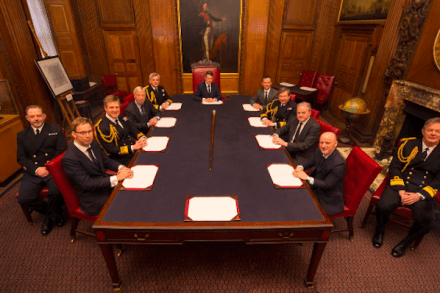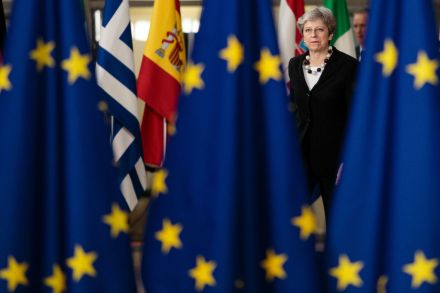Caption contest: Private Pike gets a seat at the table
Gavin Williamson has not had a good few weeks. While Theresa May has never looked more statesmanlike than in her response to Russia over the Salisbury poisoning, the Defence Secretary has become the subject of ridicule for suggesting Moscow ‘go away and shut up’. This week, Williamson’s Cabinet colleague Matt Hancock even went so far as to do an impression of him at a Press Gallery lunch. Happily, Williamson appears to be taking it in his stride. The Conservative MP – who has been nicknamed ‘Private Pike’ by his Conservative critics over his lack of defence experience – appears to be looking rather statesmanlike (or at least trying to) in




















